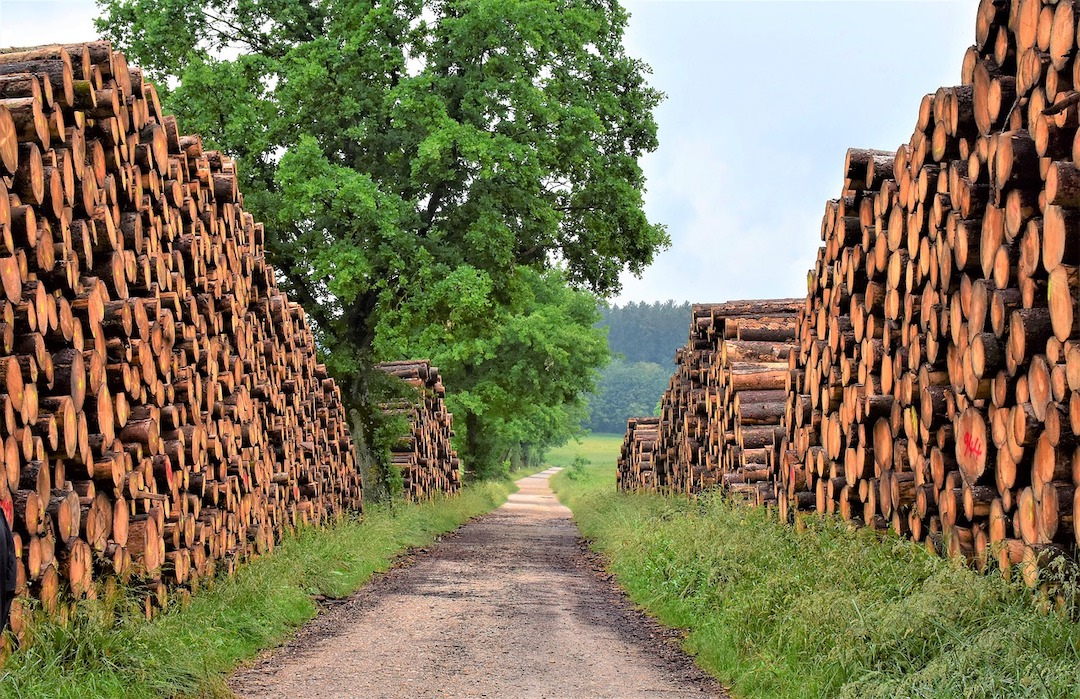Choosing building materials wisely is critical for companies looking to build net-zero carbon offices, according to researchers at Canada’s Ryerson University.
In 2020, the extraction, transport, and manufacturing of building sector materials accounted for 10% of global greenhouse gas emissions, the researchers say. “If buildings are to make meaningful contributions to keeping global temperature rise to 1.5 C above pre-industrial levels, limiting emissions from building materials is crucial,” they say.
In recent years, designers and contractors have made great strides in energy efficiency, on-site heating and cooling, waste reduction, and recycling. Building materials present a newer opportunity for office projects to reduce their carbon footprint.
Construction of Walmart’s new home office in Bentonville, Ark., expected to be completed by 2025, offers an example of what can be accomplished using bio-based building materials. The retail giant’s corporate campus is the largest underway in the U.S. It will use mass timber including large engineered structural wooden panels.
In order to gain the most environmental benefit, materials must be sourced from sustainable supply chains. Building office towers with timber can be counterproductive if large amounts of carbon dioxide are emitted during logging, transport, and manufacture of wood products.
Related Stories
| Mar 22, 2012
Bill would reintroduce “opt-out” provision in lead paint law
The Lead Exposure Reduction Amendments Act of 2012 (S2148) would restore the "Opt-Out" provision removed from the Environmental Protection Agency's Lead Renovate, Repair and Painting (LRRP) rule in April 2010.
| Mar 15, 2012
New Florida building code establishes flood and storm surge provisions
The new 2010 code establishes minimum design and construction requirements to protect buildings from wind, rain, floods, and storm surges.
| Mar 15, 2012
Illinois city rejects international code due to home sprinkler requirement
Macomb, Illinois aldermen voted to recommend that the city not adopt 2012 international building and residential code standards requiring the installation of overhead sprinkler systems in newly constructed one-family and two-family homes.
| Mar 15, 2012
Tenant advocates propose licensing landlords in New York City
With thousands of New York City rental units posing potential dangers to tenants, city advocates are proposing measures to make landlords improve building safety.
| Mar 15, 2012
Construction industry a big winner in federal small disadvantaged business procurement
Last year, only 5% of federal contract dollars went to small disadvantaged businesses. Construction and facilities support firms were the biggest beneficiaries.
| Mar 15, 2012
ANSI approves new fall protection standards
The American National Standards Institute (ANSI) has approved two American Society of Safety Engineers' (ASSE) standards addressing fall protection.
| Mar 8, 2012
Engineering innovation provides new option for meeting seismic codes in skyscrapers
Two University of Toronto engineers have developed “viscoelastic-energy-dissipating dampers” to replace many of the heavy concrete beams used in tall structures.
| Mar 8, 2012
CSI webinar on building code compliance March 22
A March 22 webinar will provide an overview of a 28-step process during the design of a building to ensure compliance with building codes.















